 Don’t delete your drafts! You will hear this A LOT over the next couple of years as the open access movement gathers even more momentum and the role of green open access and institutional repositories is moved to the fore of the next REF (likely to be REF 2020). HEFCE have confirmed that all journal papers and conference proceedings submitted to the next REF will have to be made freely available in an institutional or subject repository (such as BURO) upon acceptance (subject to publisher’s embargo periods).
Don’t delete your drafts! You will hear this A LOT over the next couple of years as the open access movement gathers even more momentum and the role of green open access and institutional repositories is moved to the fore of the next REF (likely to be REF 2020). HEFCE have confirmed that all journal papers and conference proceedings submitted to the next REF will have to be made freely available in an institutional or subject repository (such as BURO) upon acceptance (subject to publisher’s embargo periods).
Therefore:
- A journal paper / conference proceeding that was not made freely available in a repository, such as BURO, from the point of acceptance will not be eligible to be submitted, even if it is made available retrospectively.
- The version made available in BURO should be the final accepted version but does not have to be the publisher’s PDF
- This is applicable to outputs published from April 2016 onwards.
It is excellent to see the Funding Councils promoting the open access agenda and embedding it within the REF. Making outputs freely available increases their visibility and is likely to increase their impact, not only within the academic community but in the public sphere too. It ensures research is easily accessible to our students, politicians and policy-makers, charities and businesses and industry, as well as to potential collaborators in other countries which can help with building networks and the internationalisation of research.
Talking to academic colleagues around the University it is apparent that the normal practice is to delete previous drafts, including the final accepted version, as soon as a paper is approved for publication. This needs to change! Many publisher’s will already allow you to add the final accepted version of your paper to BURO (just not the version with the publisher’s header, logo, etc) and this is set to increase in light of the HEFCE consultation. Rather than deleting the final version, add it to BRIAN so it will be freely available to everyone in the institutional repository, BURO.
We need to get into the habit now of doing this now. BRIAN is linked to the Sherpa-Romeo database of journals so you can easily check the archiving policy of the journal. All you need to do is:
1. Log into your BRIAN account and find the paper.
2. One of the tabs is named ‘full text’.
3. If you click into this tab you will see a link near the Sherpa-Romeo logo to check your ‘publisher’s policy’.
4. Click on this and you will see the archiving policy for this particular journal, clearly stating which version of the paper can be uploaded. Ideally you are looking for your journal to be a green journal which allows the accepted version or (even better but quite rare, unless you have paid extra to make it freely available) the publisher’s version/PDF. See the screen shot.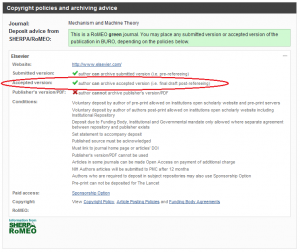
5. Click ‘back’ and then click on the ‘full text’ tab again and you will see a link (in a blue box) to ‘upload new file for this publication’.
6. Upload the file and follow the onscreen instructions.
7. Your full text will then automatically feed through to BURO and be available open access in the next few days.
In point 4 I mentioned about paying extra to the publisher at the point of acceptance to make it freely available upon publication. This is often referred to as the gold route to open access publishing and at BU we have a central dedicated budget for paying these fees. You can find out about the GOLD route to open access publishing here: Gold route
So the overriding message is:
LOVE YOUR DRAFTS – DON’T DELETE THEM – ADD THEM TO BRIAN!
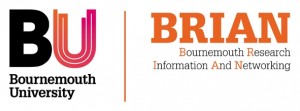
 Newton Institutional Links are grants for the development of research and innovation collaborations between the UK and partner country institutions at the group, departmental or institutional level, as well as the commercial and not-for-profit sector. The countries included in this call are: Brazil, Colombia, Chile, Egypt, Indonesia, Kazakhstan, Malaysia, Mexico, Philippines, Turkey and Vietnam. In addition to this general Newton Institutional Links call, which includes Chile, there is a UK-Chile FONDEF IDeA call (formerly called Chile-specific CONICYT call) with separate guidelines and a different closing date.
Newton Institutional Links are grants for the development of research and innovation collaborations between the UK and partner country institutions at the group, departmental or institutional level, as well as the commercial and not-for-profit sector. The countries included in this call are: Brazil, Colombia, Chile, Egypt, Indonesia, Kazakhstan, Malaysia, Mexico, Philippines, Turkey and Vietnam. In addition to this general Newton Institutional Links call, which includes Chile, there is a UK-Chile FONDEF IDeA call (formerly called Chile-specific CONICYT call) with separate guidelines and a different closing date.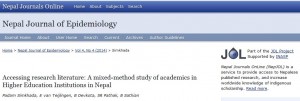
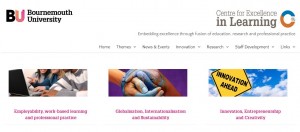
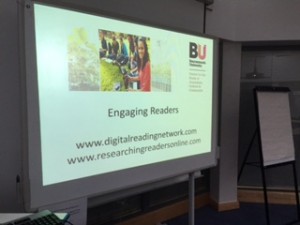
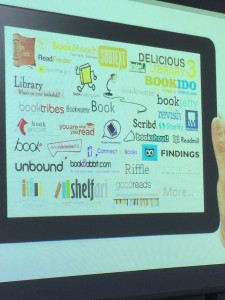
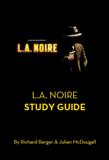

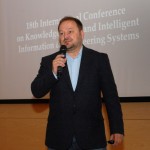
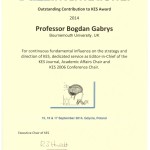

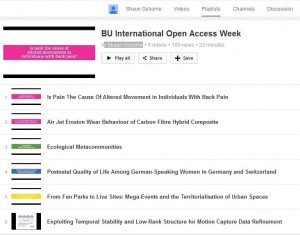


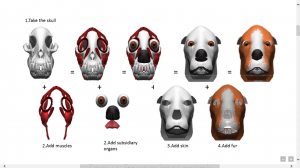
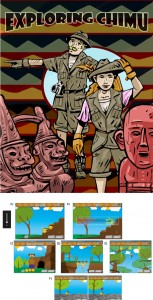



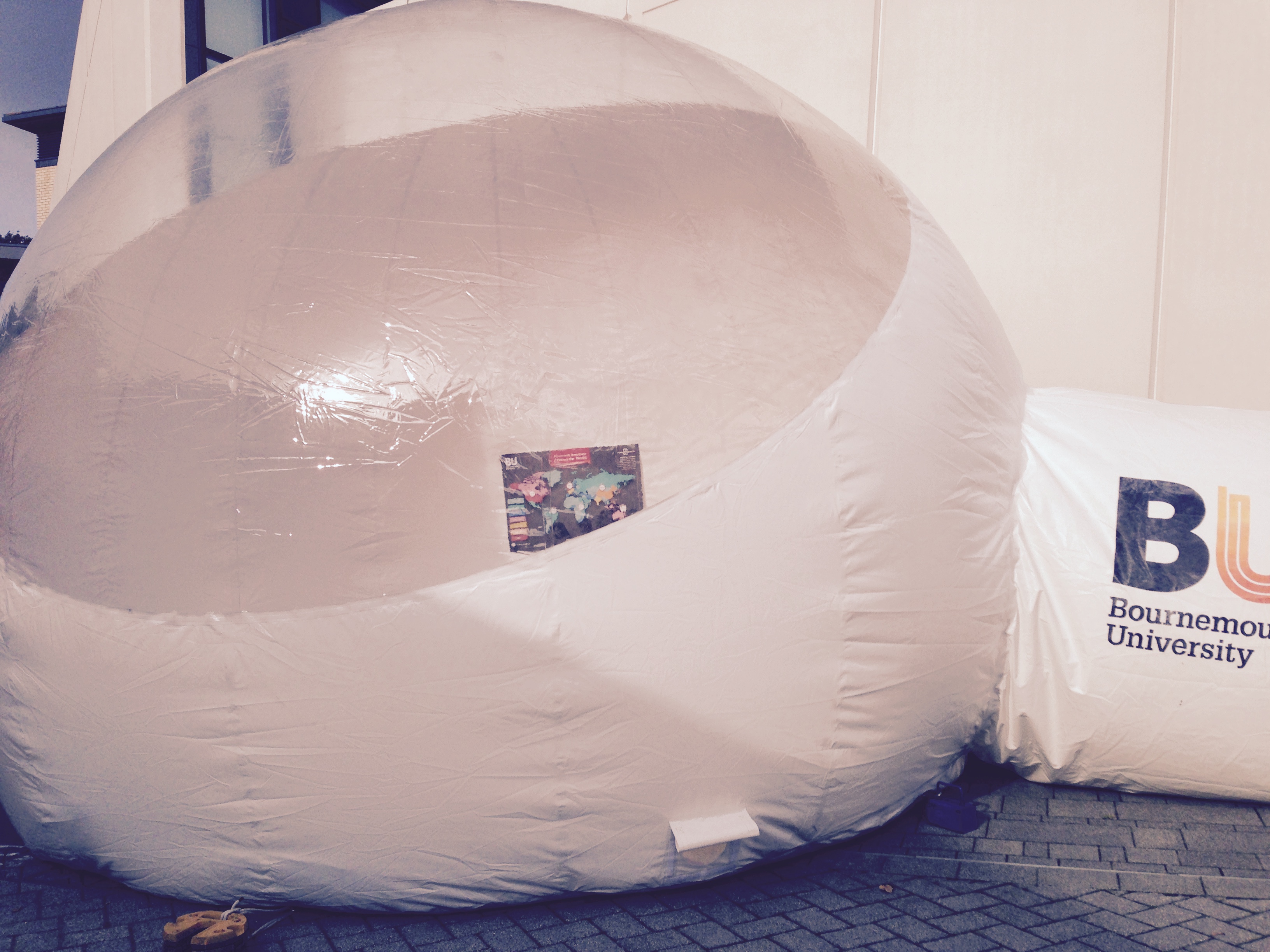 If you think that the Open Access Bubble looks cool from the outside, check out the inside
If you think that the Open Access Bubble looks cool from the outside, check out the inside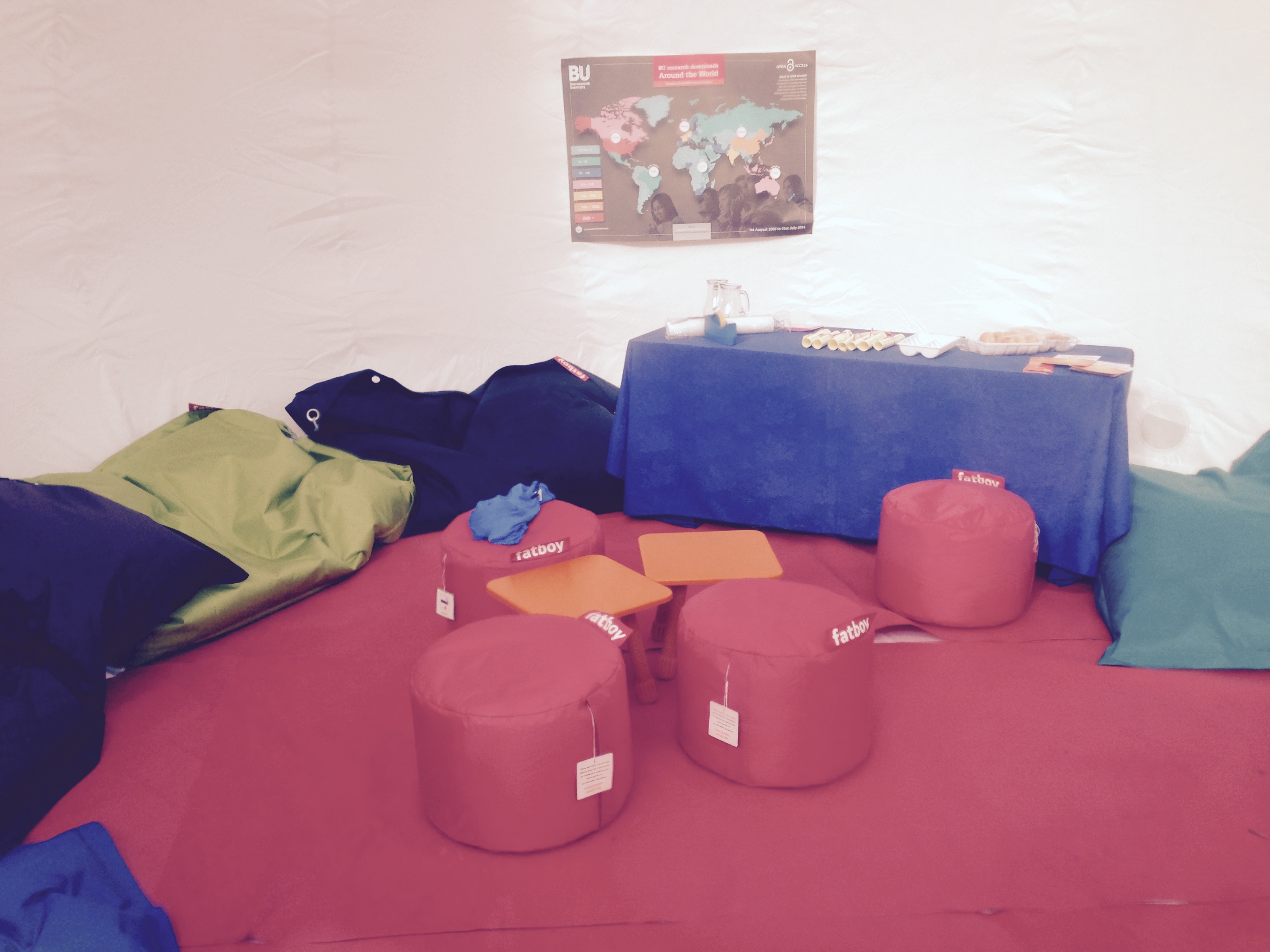 There is a Bubble talk every day from 10am to 11am, covering important topics like ‘The Benefits of Open Access’, ‘Open Access and the Philosophy of Openness’ and ‘Public Engagement Opportunities for Academics and Open Access’. Not only that, we also offer free doughnuts to visitors of the dome. You also get to laze on the bean bags while you watch some interesting video abstracts featuring some of our open access publications; and videos on the importance of open access.
There is a Bubble talk every day from 10am to 11am, covering important topics like ‘The Benefits of Open Access’, ‘Open Access and the Philosophy of Openness’ and ‘Public Engagement Opportunities for Academics and Open Access’. Not only that, we also offer free doughnuts to visitors of the dome. You also get to laze on the bean bags while you watch some interesting video abstracts featuring some of our open access publications; and videos on the importance of open access.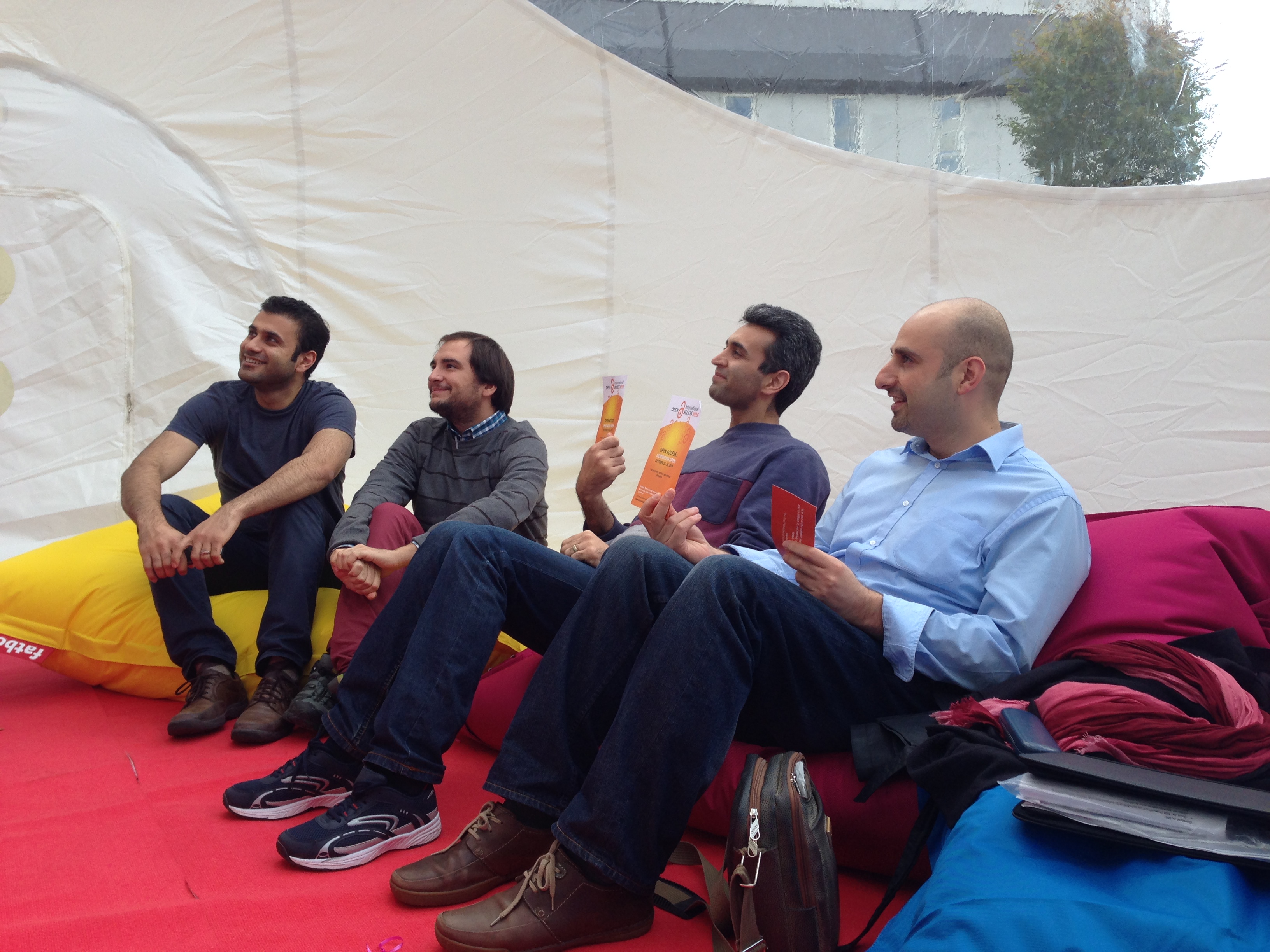 So please take this opportunity, visit the Open Access Bubble and get involved! For information on other events that are taking place, please visit www.bournemouth.ac.uk/open-access
So please take this opportunity, visit the Open Access Bubble and get involved! For information on other events that are taking place, please visit www.bournemouth.ac.uk/open-access
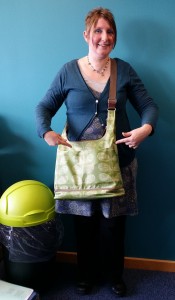
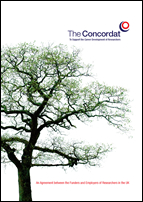











 FHSS academics teaching in Nepal
FHSS academics teaching in Nepal New weight change BU paper
New weight change BU paper One week to go! | The 16th Annual Postgraduate Research Conference
One week to go! | The 16th Annual Postgraduate Research Conference Geography and Environmental Studies academics – would you like to get more involved in preparing our next REF submission?
Geography and Environmental Studies academics – would you like to get more involved in preparing our next REF submission? Congratulations to three former BU staff
Congratulations to three former BU staff MSCA Staff Exchanges 2024 Call – internal deadline
MSCA Staff Exchanges 2024 Call – internal deadline Applications are now open for 2025 ESRC Postdoctoral Fellowships!
Applications are now open for 2025 ESRC Postdoctoral Fellowships! Horizon Europe – ERC CoG and MSCA SE webinars
Horizon Europe – ERC CoG and MSCA SE webinars MaGMap: Mass Grave Mapping
MaGMap: Mass Grave Mapping ERC grants – series of webinars
ERC grants – series of webinars